inverter and panel hookups
speedymonk
12 years ago
Related Stories
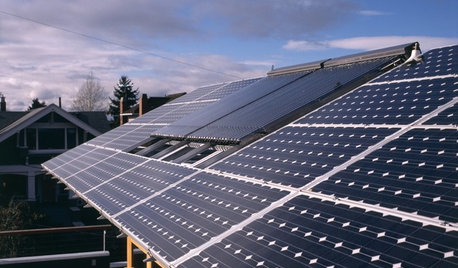
GREEN BUILDINGLet’s Clear Up Some Confusion About Solar Panels
Different panel types do different things. If you want solar energy for your home, get the basics here first
Full Story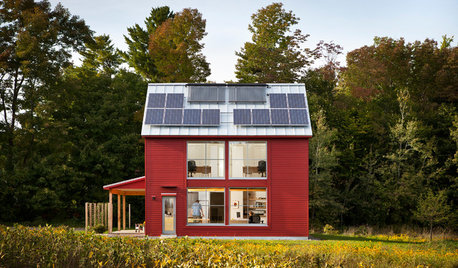
GREEN BUILDINGGoing Solar at Home: Solar Panel Basics
Save money on electricity and reduce your carbon footprint by installing photovoltaic panels. This guide will help you get started
Full Story
DESIGN DICTIONARYTray Ceiling
Tray ceilings provide three-dimensional contrast in an otherwise flat ceiling
Full Story
WINDOW TREATMENTSBalloon Shades Float Into Fashion
Use these formal window treatments to add texture and luxury to traditional rooms
Full Story
WINDOW TREATMENTSDrapery Diary: Stationary Styles
These window treatments are designed for looks instead of function
Full Story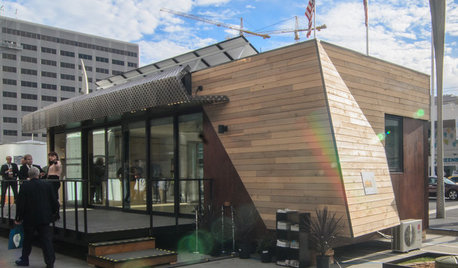
GREEN BUILDINGMeet a New Resource-Saving Prefab Design
Energy efficiency and a resourceful layout combine with ecofriendly materials in this noteworthy prototype for modular homes
Full Story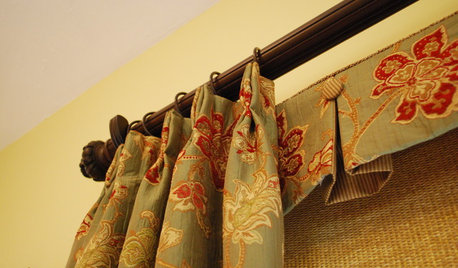
WINDOW TREATMENTSGet Gorgeous Drapes with Classic Pinch Pleats
A detailed guide to this timeless and tailored window treatment
Full Story

DECORATING GUIDESRoman Shades: The Just-Right Window Coverings for Summer
Calm and minimal, frilly or faux, There's a Roman shade for you
Full StoryMore Discussions







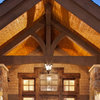
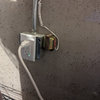
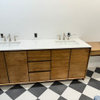
brickeyee
speedymonkOriginal Author
Related Professionals
Coronado General Contractors · Hampton General Contractors · Jackson General Contractors · Leavenworth General Contractors · Troy General Contractors · Austintown General Contractors · Reedley Solar Energy Systems · Weymouth Solar Energy Systems · Alexandria Home Automation & Home Media · Fayetteville Home Automation & Home Media · Fox Chapel Home Automation & Home Media · Kansas City Home Automation & Home Media · Pasadena Home Automation & Home Media · Safety Harbor Home Automation & Home Media · Sarasota Home Automation & Home Mediabrickeyee
petey_racer
weedmeister
brickeyee
bus_driver
yosemitebill